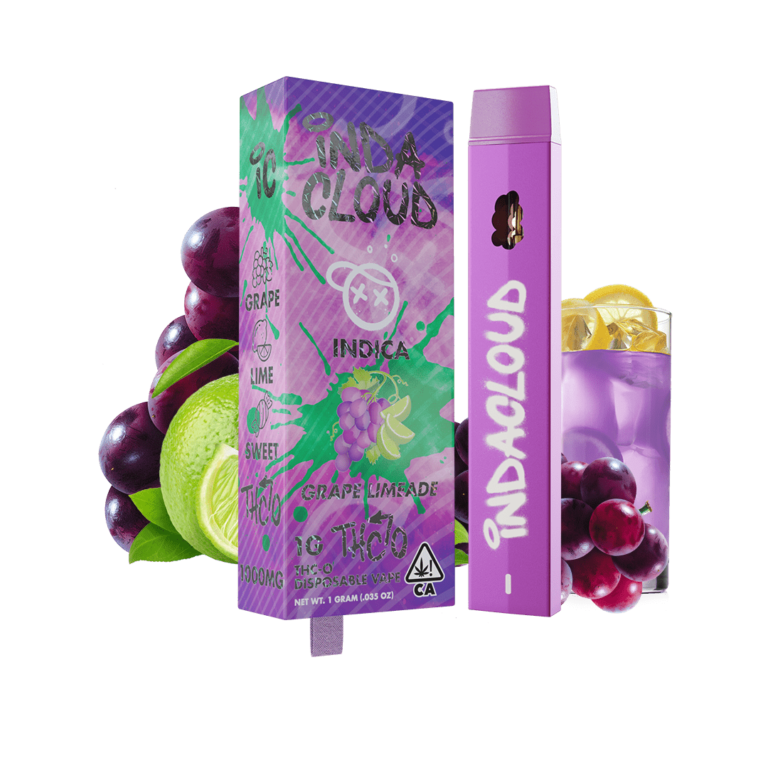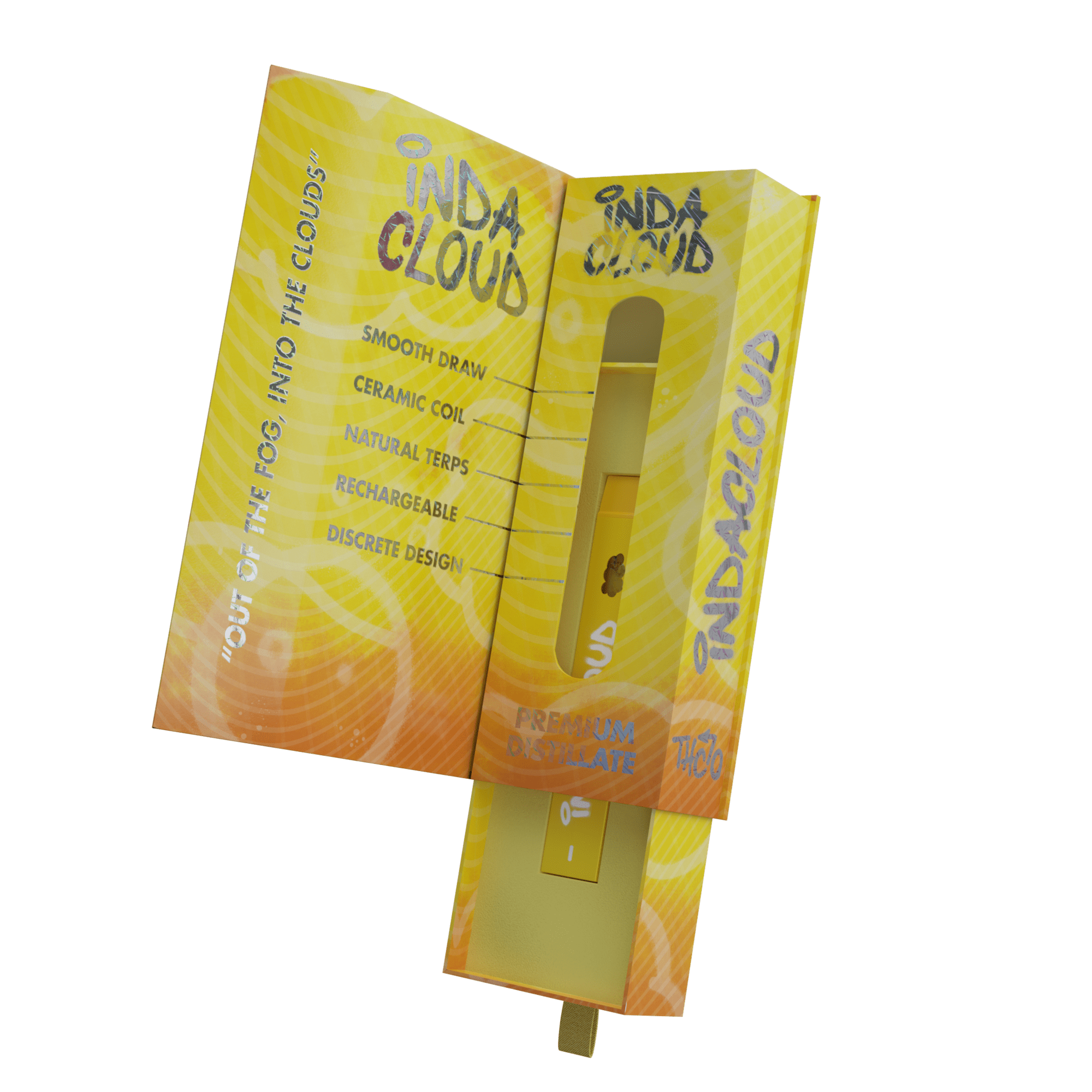What Is THC?
Typically, when you hear word ‘THC’, you’re talking about the Delta-9-THC isomer. It is one of 113 cannabinoids that are found in cannabis plants. However, it is also possible to find a number of other THC isomers, such as tetrahydrocannabinol and trans-9-tetrahydrocannabinol. These are various substances that are found on the cannabis plant and are responsible for the psychoactive effects of cannabis.
 Delta-9-THC
Delta-9-THC
Among the cannabinoid compounds found in cannabis plants, Delta-9 Tetrahydrocannabinol, or D9 THC, is the most prevalent. The delta-9 THC form of THC contains a variety of psychoactive properties. It has euphoria as well as the buzz of recreational use, and the feeling of euphoria. It is also believed to be a pain relieving drug. Delta-9 THC could cause side effects, so it’s important to be aware of these issues before you use the product.
Delta-9 THC can be utilized to treat many medical conditions including anxiety, multiple sclerosis and cancer, Delta 10 thc oline among other mental disorders. It is also used to improve appetite among patients suffering from HIV/AIDS, and to treat chemotherapy-induced nausea. It can also be used as a natural sleep aid.
Although it isn’t legal under federal law in the United States of America, delta-9 THC products can be legally purchased in certain states. It isn’t regulated by the FDA. This leaves it a little murky in terms of legality. It is recommended to purchase Delta-9 THC from an established seller.
If you are looking for the best Delta-9 THC products it is a smart idea to purchase from a legal cannabis online retailer. Products that have been lab tested for purity and potency must be selected. It is a good idea also to purchase Delta 10 Thc Oline (Www.Dankdollz.Com)-9 THC from an experienced marijuana-friendly doctor.
The effects of Delta 9 THC differ from the effects of Delta 8. Although both forms of THC produce similar effects but the delta-9 THC product is more potent.
You may feel dizzy, sweaty or racing your heart when you smoke delta-9 for instance. You could also experience dehydration.
The effects of delta-9THC are different depending on your body’s weight and the length of time you’ve been taking it. To avoid overdose, it is recommended not to consume too much.
THCB
There are a lot of cannabinoids to choose from on the market, THCB is the best of all. It is a natural substance with the same properties as THC. It interacts with brain’s endocannabinoid systems and is considered an analgesic and pain-relieving agent. It also helps to regulate sleep patterns.
The THCB molecule is composed of four carbon atoms. It is similar to THC in structure. However, it is more potent at the CB1 receptor, the brain’s principal cannabinoid receptor. THCB also contains a butyl-group, which is not likely to cause problems with safety.
THCB is relatively new on the market. It hasn’t been studied extensively. Some scientists believe that THCB has a range of psychoactive effects, though it isn’t certain that they are more important than the effects of THC.
THCB is also recognized for its anti-inflammatory properties. Research suggests that THCB can help ease discomfort and improve sleep.
THCB is available in tinctures, vapes, and edibles. It is also available in distillate form. THCB might be slightly stronger than THC at CB1 receptors, but the differences aren’t significant.
THCB is compared to delta 9 THC, which is a less psychotropic variant of THC. It is also believed to be more effective at reducing inflammation.
THCB is not for all people, and it is recommended to consult with a healthcare professional before taking it. THCB has been proven to have some adverse side effects, including dry mouth, drowsiness and red eyes. It is recommended that you begin slowly and gradually increase your dosage over time.
THCA
THCA, which is the precursor to THC is derived from cannabis. Contrary to THC, THCA is not psychoactive and has been proven to have a number of therapeutic properties.
Studies have revealed that THCA has anti-inflammatory properties and may possess neuroprotective properties. It is also a possibility as treatment for fibromyalgia arthritis as well as other health conditions.
THCA has been proven to have a positive impact on nausea, appetite, pain, and other symptoms. It is also believed to be beneficial in preventing neurodegenerative illnesses. It isn’t clear what role THCA plays in the endocannabinoid system.
THCA is found in most strains of cannabis. In fact, THCA is so prevalent in cannabis that it is referred to as the “mother of all cannabinoids.”
THCA is used in numerous ways. THCA can be extracted, vaporized, or dabbed. It is also utilized in combination with THC and CBD to boost its bioavailability.
THCA is not considered a controlled substance under federal law. However, sales of THCA could be investigated under the Federal Analogue Act.
There isn’t much research available on THCA’s effects on humans. The most effective method to assess its safety and efficacy is to study it in human subjects.
THCA has been shown to have some therapeutic effects. However it is still a matter of research before it is considered a beneficial drug. There are reports that THCA has been used to treat fibromyalgia as well as other ailments. In addition to its therapeutic properties, THCA has been found to be safe.
THCA isn’t a popular drug in the United States, but there is evidence to suggest that it may be safe for those who consume it. Before adding THCA to a diet, it’s best to consult your doctor.
Side effects of THC strains high in potency
No matter if purchasing marijuana for medicinal or recreational purposes, it is important to be aware of the potential adverse effects of high-potency THC strains. There’s increasing evidence to suggest that THC can have a number of health risks.
Studies have shown that high-potency THC strains could increase the likelihood of developing psychosis. But more research is needed to determine exactly how much of an impact these strains can affect your health.
Research suggests that these products could trigger depression and anxiety. The risk of developing a mental disorder could be higher for those who are young and exposed to these kinds of high-potency items.
Suicidal thoughts, suicide attempts and even suicide are also more likely. Additionally, the regular use of cannabis can affect your heart and lung health. The American Lung Association called for more research on the effects of marijuana use on the lungs.
The use of THC may also change your mood appetite, memory, and mood. It can also irritate your eyes. Some eye drops may cause dryness after use.
Some evidence suggests that higher levels of THC could cause memory impairment. THC can attach to the brain’s cannabinoid receptors. This can decrease the amount of other cannabinoids that are in your body.
High-potency cannabis can increase the chance of having a psychotic episode. Although you might experience side effects of THC such as paranoia or headaches however, these symptoms will not last very long.
Cannabinoid Hyperemesis Syndrome, also known as CHS is another possibility of adverse effect. This condition can cause nausea as well as abdominal cramps, dehydration, and vomiting. It is important to increase the dose slowly over time to prevent this condition.
THC-based medicine may not be as efficient as natural THC or cannabis
Medicinal Cannabis commonly referred to as marijuana, is a chemical made from cannabis plants. It is a treatment which is used to reduce symptoms associated with cancer. You can use it in many ways. However the doctor who is a specialist will likely prescribe cannabinoid-based medications.
Cannabinoids is a group of 21 carbon compounds. They are found in cannabis plants. FDA approved them to combat side effects from cancer treatments. They also are believed to have curative properties.
Cannabinoids are produced in the body and stored in the adipose tissue. They interact with the hepatic the cytochrome P450 enzyme system. They can be used to treat nausea and vomiting caused by chemotherapy. They are also believed to have analgesic qualities. However, it is not clear whether they are safe and effective.
There are several pharmacokinetic studies that have been conducted. They aim to study the effects of different doses of cannabinoid on various cancer-related effects. Some studies did not show significant weight gain. Other studies have found no increase in the risk of certain types of cancer.
Two studies examined the effects of oral Delta-9-THC on pain from cancer. These studies showed analgesic effects comparable to codeine. The doses used were higher than those used in the group that was not controlled. The analgesic effect was observable for 7 hours. A third study involved patients who were taking dronabinol in conjunction with megestrol acetate. The combination was compared with megestrol acetate alone.
 There aren’t many clinical trials that are randomized patients taking cannabinoid-based medicine to test their appetite. Although the PDQ cancer information summary summarizes research but does not include any recommendations in the form of a formal document. It is regularly updated by the Integrative Alternative and Complementary Therapies Editorial Board which is separate from the National Cancer Institute.
There aren’t many clinical trials that are randomized patients taking cannabinoid-based medicine to test their appetite. Although the PDQ cancer information summary summarizes research but does not include any recommendations in the form of a formal document. It is regularly updated by the Integrative Alternative and Complementary Therapies Editorial Board which is separate from the National Cancer Institute.